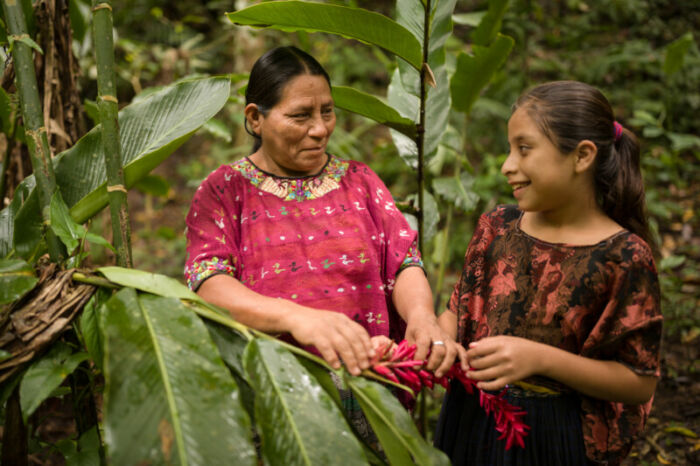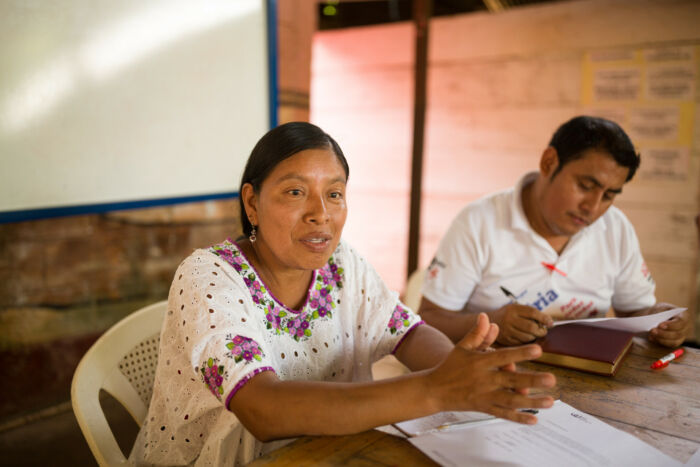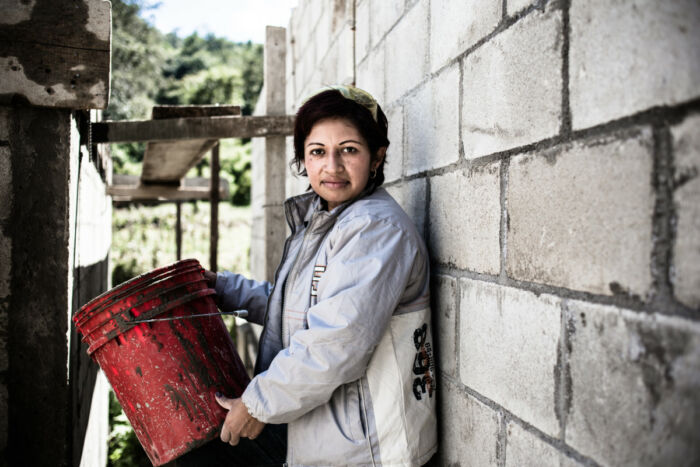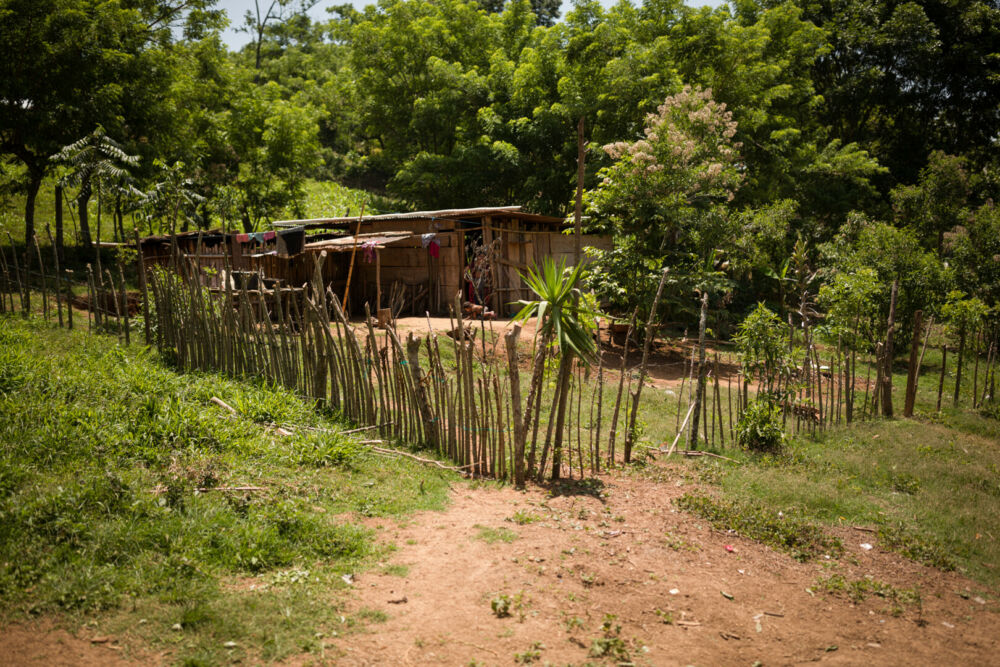Guatemala
Guatemala is known for its rich cultural heritage and diverse ecosystems. Despite its natural beauty, the country grapples with substantial socio-economic challenges, including high levels of poverty, food insecurity, and a significant rural-urban divide. Guatemala's economy is heavily reliant on agriculture, but many communities face obstacles such as inadequate infrastructure and limited access to resources and services.
We Effect supports farmer organizations and cooperatives that enable small-holder agricultural diversification to reduce poverty and vulnerability to crop failure and a loss of earning; achieving gender equality in cooperatives is primordial, for example, via lobbying to change laws so that women can more easily become members in cooperatives. The housing cooperative model allows members to construct their homes through mutual support and collective construction and ownership.
We also partner with small holder farmer and indigenous peoples’ social organizations that are raising awareness about environmental degradation and land right. In Guatemala, We Effect works on the principle of fair resource allocation, ensuring that at least half of our aid targets women. As of January 1, 2015, We Effect’s Regional Office in Latin America has been located in Guatemala.


Photo by Claudio Vasquez Bianchi
Guatemala, nestled in Central America, is known for its stunning natural landscapes, which include mountains, volcanic peaks, and lush rainforests. The country is rich in cultural diversity, with a vibrant tapestry of indigenous communities and traditions that have shaped its identity. This cultural heritage is a significant asset, contributing to Guatemala’s unique character and historical depth.
Despite its natural and cultural wealth, Guatemala grapples with severe socio-economic challenges. High poverty rates affect a large portion of the population, particularly in rural areas where economic opportunities are limited. Food insecurity and malnutrition are widespread, exacerbated by inadequate infrastructure and a lack of access to essential services. The economic reliance on agriculture further compounds these issues, as many farmers face instability due to fluctuating markets and environmental factors.
The government and various organizations are actively working to address these pressing issues. Efforts include initiatives to promote agricultural diversification, enhance food security, and improve economic stability. Gender inequality is also a focus, with advocacy and policy reforms aimed at increasing women’s participation in economic activities and leadership roles within communities.
Organizations like We Effect play a crucial role in these efforts by supporting local peasant organizations and cooperatives. Their work involves promoting sustainable agricultural practices, advocating for gender equality, and facilitating cooperative housing models. These initiatives are designed to empower communities, improve livelihoods, and foster resilience, ultimately contributing to a more equitable and sustainable future for Guatemala.

A safe space for work, play and study
“We hear in the news about people being evicted for not being able to pay their mortgage or their rent. They live on the street with only a tarp for roof. Out of 1,000 landlords, maybe 50 or 100 would accept to lower the rent during these times as recommended by the government. The rest just evict the families. If we hadn´t had the collective ownership we would probably already be on the street, evicted by the bank – but here, nobody will take our homes.”
Meet Silvia Martínez from the housing cooperative Fe y Esperanza
